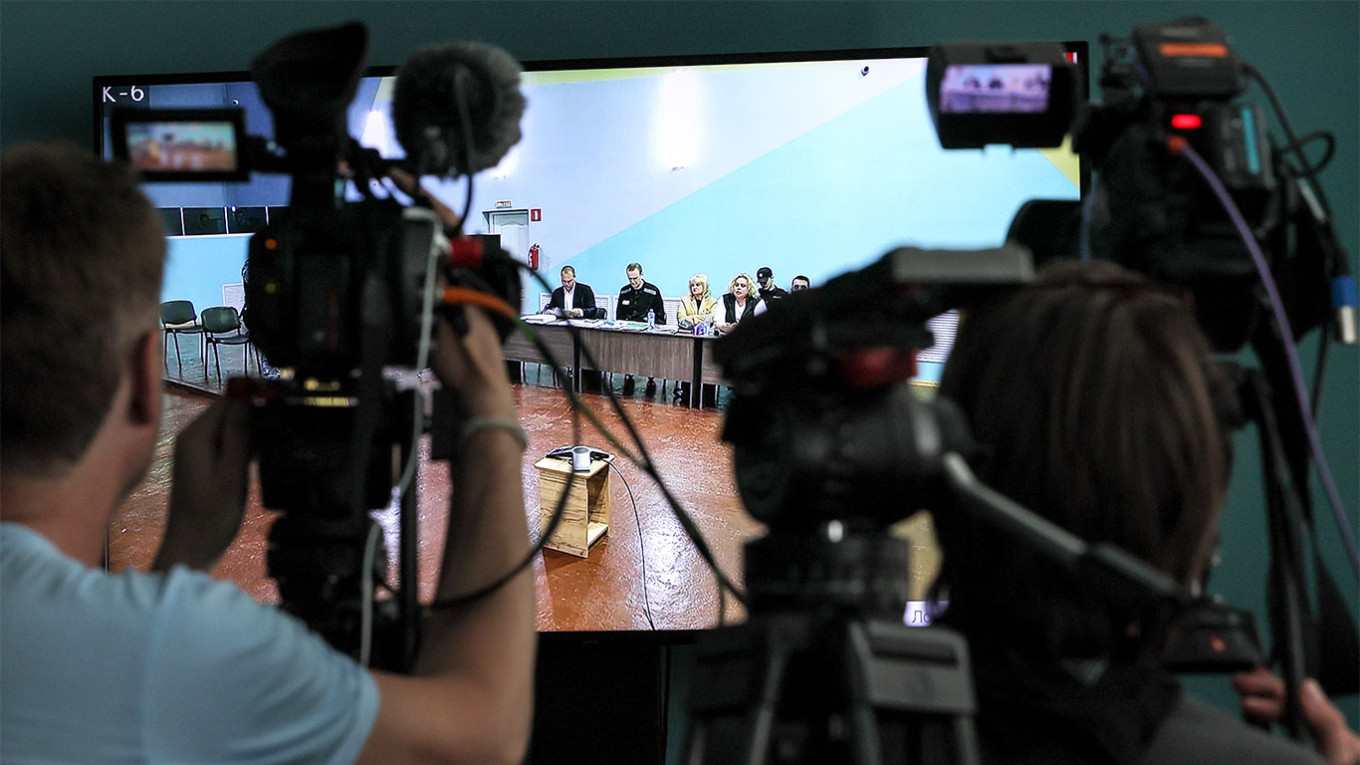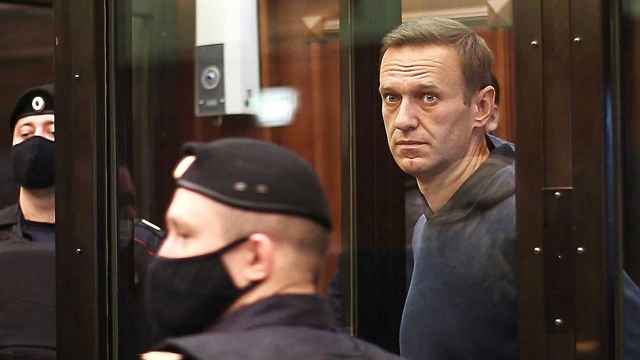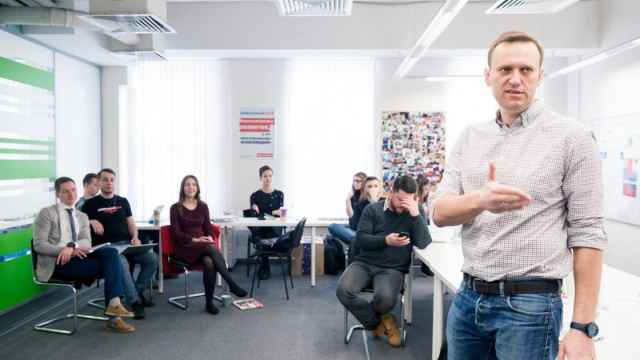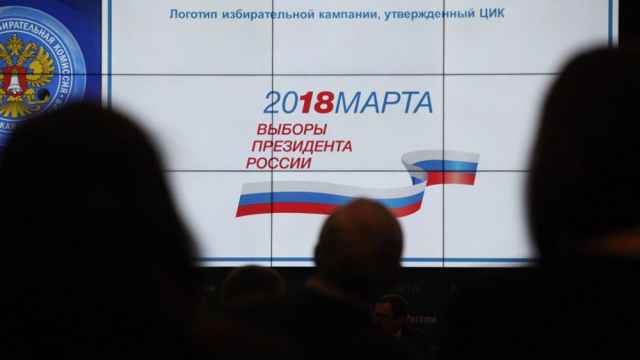Jailed Kremlin critic Alexei Navalny said he has launched a “long, relentless and exhausting” online presidential campaign against Russia’s war in Ukraine.
With his grassroots political network banned as “extremist” in Russia, Navalny vowed to deploy a targeted messaging strategy to win over pro-war or neutral Russians.
“We’ll change many people’s minds. We’ll sow doubts in almost all of them,” Navalny said in a post published through associates on his website Monday.
“This is an election campaign against the candidates named ‘War’ and Putin,” the opposition leader said.
President Vladimir Putin, 70, who ordered troops to invade Ukraine in February 2022, is widely expected to declare his re-election bid for the March 2024 presidential vote.
Navalny, 47, was barred from running for president in the 2018 race when Putin won his fifth term in office.
The Kremlin critic is currently standing trial on "extremist" charges which could see him sentenced to 30 more years in prison in addition to the nine-year sentence he is already serving.
In Monday’s announcement, Navalny called on software engineers, sociologists and political scientists to volunteer their time to develop a “creative” and “adaptable” strategy to communicate with Russian voters.
“We’ll do it according to the laws and technologies of good election campaigning [by] interviewing everyone, targeting hundreds of different groups, choosing an approach to each, identifying those who are on the fence and changing their minds,” he wrote.
Navalny acknowledged the potential risks of criminal prosecution for joining his campaign, writing: “Our activities will, of course, be declared illegal and subversive.”
“All the forces will be thrown to combat it. That’s fine, we’ll throw our forces into the fight against the apparatus of war, corruption and stupidity.”
The announcement was published as a Moscow court ruled to hold the latest trial against the Kremlin critic — who faces a string of “extremism” charges — behind closed doors.
Navalny’s allies argue that Russian authorities are attempting to conceal the trial due to a lack of evidence against him.
Navalny was imprisoned upon his January 2021 return to Russia after recovering from a near-fatal poisoning with what Western scientists determined was the banned military-grade nerve agent Novichok.
Russian officials outlawed Navalny’s political and activist groups as "extremist" organizations later that year, prompting nearly all of his close aides to leave the country.
A Message from The Moscow Times:
Dear readers,
We are facing unprecedented challenges. Russia's Prosecutor General's Office has designated The Moscow Times as an "undesirable" organization, criminalizing our work and putting our staff at risk of prosecution. This follows our earlier unjust labeling as a "foreign agent."
These actions are direct attempts to silence independent journalism in Russia. The authorities claim our work "discredits the decisions of the Russian leadership." We see things differently: we strive to provide accurate, unbiased reporting on Russia.
We, the journalists of The Moscow Times, refuse to be silenced. But to continue our work, we need your help.
Your support, no matter how small, makes a world of difference. If you can, please support us monthly starting from just $2. It's quick to set up, and every contribution makes a significant impact.
By supporting The Moscow Times, you're defending open, independent journalism in the face of repression. Thank you for standing with us.
Remind me later.






